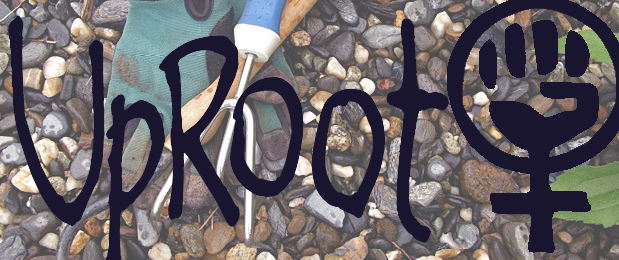
Photo credit: BreaktheCycle.org
Guest Post by Nkenge Burkhead, Prevention Education Specialist, HAVEN
Often the media portrays domestic violence as a married heterosexual couple or partners living together. They have usually been together multiple years and may share bills, expenses, cars, and children. If teens are mentioned at all they are usually witnesses that experience violence second-hand. However, the unfortunate reality for many teens is that they are already experiencing violence and abuse in their relationships, and are suffering in silence.
Intimate partner violence is an umbrella term that covers domestic violence and dating violence. While domestic violence and dating violence are similar, there are differences in the way power and control techniques are carried out. In order to provide adequate resources, we must first acknowledge that teen dating violence exists and include teens in the discussion. Secondly, we must understand and recognize the signs and tools used to perpetrate abuse.
The Prevention Education team at HAVEN conducts interactive presentations with high school students. These students are of various identities, racial, and economic backgrounds. One of the questions we pose is “can texting or calling constantly be a sign of controlling behavior?” I’m still surprised at the number of students who answer “no”, and further shocked at the number of students who identify this behavior to be at least normal and caring.
Social media invites us to publicly announce where we are and who we’re with, discuss our happy and sad moments. It also allows partners to have constant access. We know that stalking has always been used by abusive partners. However, with the invention of smart phones and social media, stalking has redesigned how it presents itself. Accessibility is greater and it has become easier for abusive partners to utilize and control. They no longer have to come to where you are to interrupt your feeling of safety, they can do it from home.
Teen dating violence statistics tell us that there is a need for education, intervention, and resource availability. 1 in 3 adolescents in the U.S. is a victim of physical, sexual, emotional, or verbal abuse from a dating partner. 1 in 10 high school students has been purposely hit, slapped, or physically hurt by a partner. Girls and women between the ages 16 and 24 experience the highest rates of dating violence. These are the statistics that have been collected through reporting. But most people, teens included, never report experiencing intimate-partner violence. There are no statistics for teens who don’t report because they do not identify what they’re experiencing as abuse, or may be afraid to tell their parents because they don’t know they’ve been dating, or might be afraid to get someone in trouble.
We recognize abuse can show up in many ways that aren’t physical. Through our prevention presentations, we are able to ignite conversations that allow teens to explore their personal beliefs and boundaries in relationships. We identify signs and abusive tactics. We also offer tools on how to respond to a friends’ disclosure in a way that is empowering and supportive.
HAVEN’s Prevention Education team is able to provide youth with a space to acknowledge and discuss the prevalence of teen dating violence. In addition to the presentations our counseling services are also available to youth.
Talk to the teens in your life. Listen and learn where they are. Offer advice and support when asked. Offer HAVEN as a resource when any type of abuse is suspected. To schedule HAVEN Prevention Education presentations in your school or community group contact the Prevention Education Program Director at (248) 334-1284 ext. 352.


 Survivors’ representations of the “inner bully,” their negative self-talk
Survivors’ representations of the “inner bully,” their negative self-talk






















